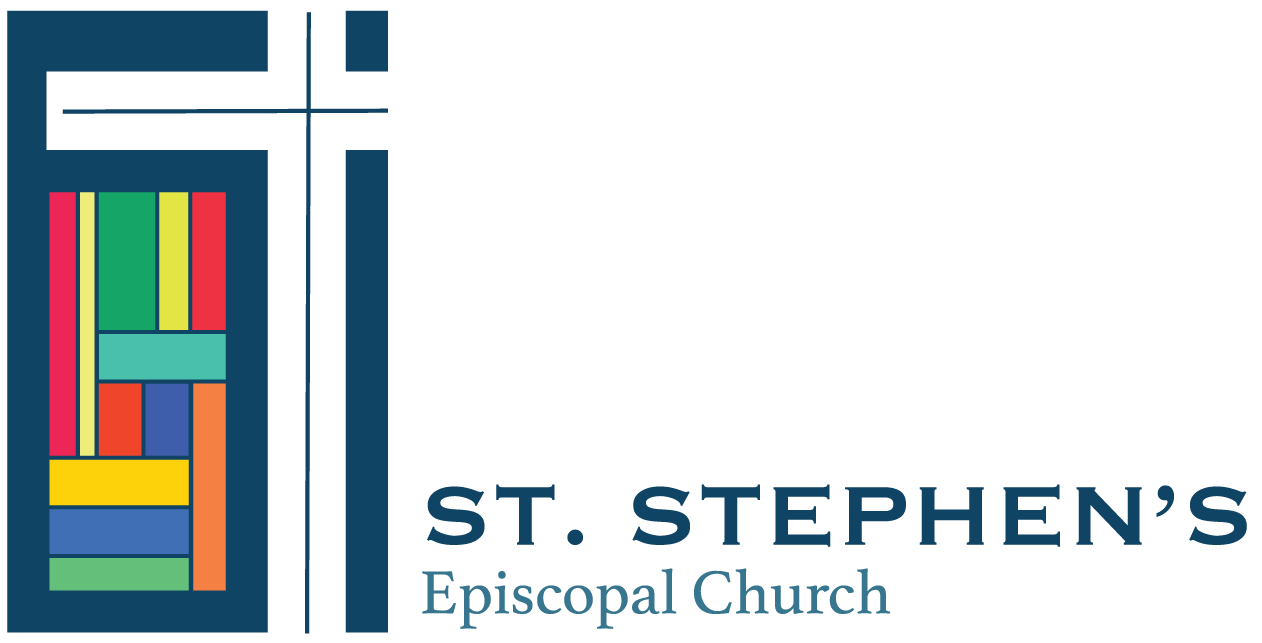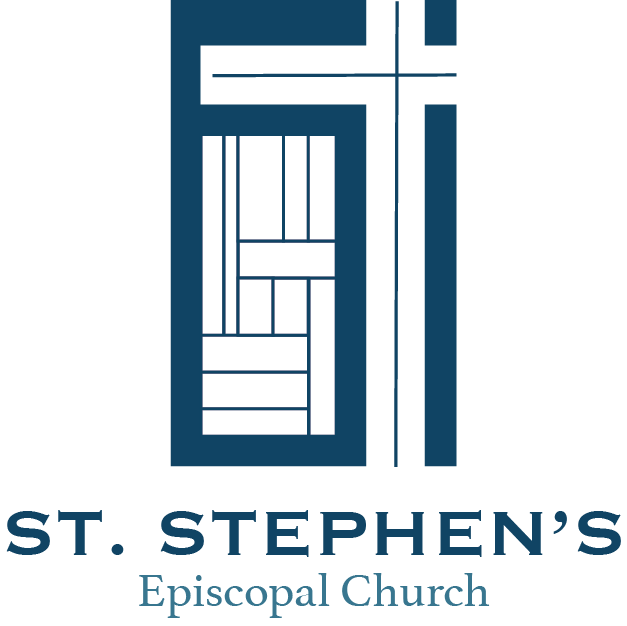God’s Hands
By Jeremy Godwin
Readings for March 21, 2024: Reflecting on the Fifth Sunday in Lent
This devotion is the third in a mini-series where I pair the readings for the day with a poem. You can find the other posts here and here.
Jesus said to them, “The light is with you for a little longer. Walk while you have the light, so that the darkness may not overtake you. If you walk in the darkness, you do not know where you are going. While you have the light, believe in the light, so that you may become children of light” (John 12:35-36).
“Then Jesus cried aloud: ‘Whoever believes in me believes not in me but in him who sent me. And whoever sees me sees him who sent me. I have come as light into the world, so that everyone who believes in me should not remain in the darkness.” (John 12:44-46).
This passage from John provides us the final words of Jesus before his gospel turns to the events of the Triduum (Maundy Thursday to Easter). Read in that light, these words are full of longing and aching on the part of Jesus, a plea to the crowds. John even says that Jesus cried aloud! It’s an impassioned teaching that points to the core of Jesus’s identity as the light of the world.
These words brought to mind Denise Levertov’s poem, “On a Theme by Thomas Merton”:
“Adam, where are you?”
God’s hands
palpate darkness, the void
that is Adam’s inattention,
his confused attention to everything,
impassioned by multiplicity, his despair.
Multiplicity, his despair,
God’s hands
enacting blindness. Like a child
at a barbaric fairgrounds –
noise, lights, the violent odors –
Adam fragments himself. The whirling rides!
Fragmented Adam stares.
God’s hands
unseen, the whirling rides
dazzle, the lights blind him. Fragmented,
he is not present to himself. God
suffers the void that is his absence.
In this poem, Levertov paints a picture of Adam who is distracted and fragmented and hopeless, turning to all sorts of other things in his search for God. She paints the picture of the spectacle of a kind of twisted carnival. There is plenty of artificial light, but it’s the kind of light that blinds Adam to himself and to God. But God is indeed there. Specifically, “God’s hands,” which appears in every stanza. Note how Levertov draws our attention to it with a large indentation. God is present, even though Adam can’t see it. The line that guts me every time I read this poem, though, is the final one: “God / suffers the void that is his absence.” God suffers, too, from what Adam perceives as a distance between him and God.
And in the midst of that mutual suffering, will come the true light of the world. In the midst of that mutual suffering, those same hands that formed Adam from the dust will take on flesh and be pierced on the cross. In the midst of that mutual suffering, will come the One who will suffer and die for us. In the midst of that of that mutual suffering, will come the New Adam, in whom all will be made alive. In the midst of that mutual suffering, will come the love that will bring wholeness and healing.

